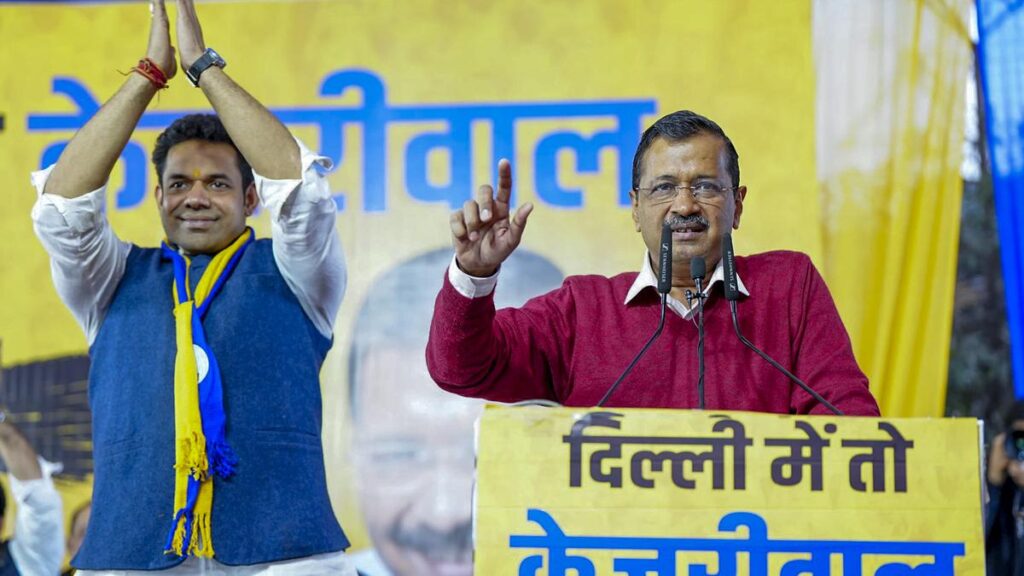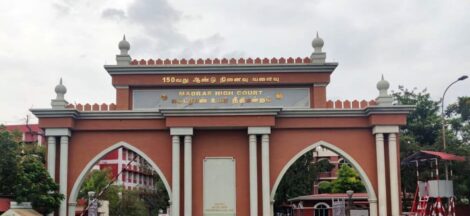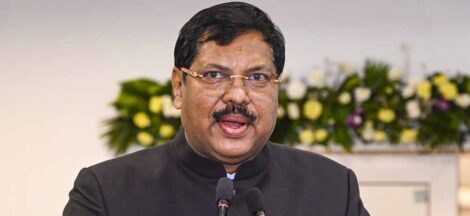Voters in the national capital are casting their ballots today to elect the members of the Delhi Legislative Assembly. The election features a three-way contest among the incumbent Aam Aadmi Party (AAP), the Bharatiya Janata Party (BJP), and the Indian National Congress (INC). All 70 assembly seats are up for grabs, with results scheduled to be announced on 8 February 2025.
The AAP, led by Chief Minister Atishi Marlena, seeks to secure a fourth consecutive term. The party has focused its campaign on its track record in education, healthcare, and public services. Marlena, who assumed office in September 2024 following the resignation of Arvind Kejriwal amid corruption allegations, has emphasised continuity and stability in governance.
The BJP, under the leadership of Virendra Sachdeva, aims to wrest control of the Delhi assembly after nearly three decades. The party has campaigned on promises of infrastructural development, economic growth, and enhanced public safety. Prime Minister Narendra Modi has been actively involved in the campaign, appealing to the middle-class electorate and offering various incentives to garner support.
The INC, led by Devender Yadav, is striving to regain its former influence in Delhi politics. The party has pledged to address issues such as unemployment, women’s safety, and environmental concerns. Yadav has criticised both the AAP and BJP for failing to meet the aspirations of Delhi’s residents.
The election has witnessed intense campaigning, with parties offering various incentives to attract voters. The AAP has highlighted its initiatives such as free electricity, water, and bus travel for women, while the BJP has proposed financial aid and tax reductions aimed at the middle class. The INC has promised subsidies and welfare schemes targeting the underprivileged sections of society.
Over 15 million eligible voters are participating in the election, with polling stations reporting steady turnout throughout the day. Security measures have been heightened across the city to ensure a smooth and peaceful voting process. The Election Commission has deployed additional personnel and resources to manage the polls effectively.
Political analysts predict a closely contested election, with no party having a clear advantage. The outcome is expected to hinge on key constituencies in areas such as North Delhi, West Delhi, and South Delhi, where voter preferences have historically been diverse and unpredictable.
The AAP’s tenure has been marked by significant investments in public services, particularly in the education and healthcare sectors. The party claims to have transformed government schools and hospitals, making them more accessible and efficient. Critics, however, argue that these improvements have not been uniformly implemented and that issues such as pollution and traffic congestion remain unaddressed.
The BJP has focused on nationalistic themes and the promise of robust economic development. The party has pledged to implement central government schemes more effectively in Delhi and to undertake large-scale infrastructure projects. Opponents have accused the BJP of neglecting local issues and of using polarising rhetoric during the campaign.
The INC has sought to position itself as a viable alternative, emphasising its historical contributions to Delhi’s development. The party has promised to introduce new social welfare programmes and to prioritise environmental sustainability. Observers note that the INC faces an uphill battle, given its diminished presence in the city’s political landscape over the past decade.
As polling continues, reports indicate that voters are considering a range of factors, including party performance, candidate credibility, and policy proposals. Issues such as employment opportunities, public safety, and environmental quality appear to be influencing voter decisions.
The Election Commission has urged all eligible voters to exercise their franchise and has assured the public of the integrity and transparency of the electoral process. Officials have implemented measures to facilitate voting for individuals with disabilities and have set up assistance booths at polling stations.
The counting of votes will commence on 8 February 2025, with results expected later that day. The outcome of this election will have significant implications for the governance of Delhi and could influence the broader political dynamics at the national level.
As the city awaits the results, political parties are preparing for various post-election scenarios, including potential alliances and strategies for governance. The formation of the next government will depend on the electoral mandate and the ability of parties to negotiate and collaborate effectively.
The Delhi Legislative Assembly election of 2025 is being closely monitored by political observers, given its potential to reshape the city’s political landscape and its possible impact on future state and national elections. The electorate’s decision will reflect their assessment of the incumbent administration’s performance and their aspirations for the city’s future development.




 Elon Musk’s Onslaught Against Federal Employees Facing Massive Protests
Elon Musk’s Onslaught Against Federal Employees Facing Massive Protests 